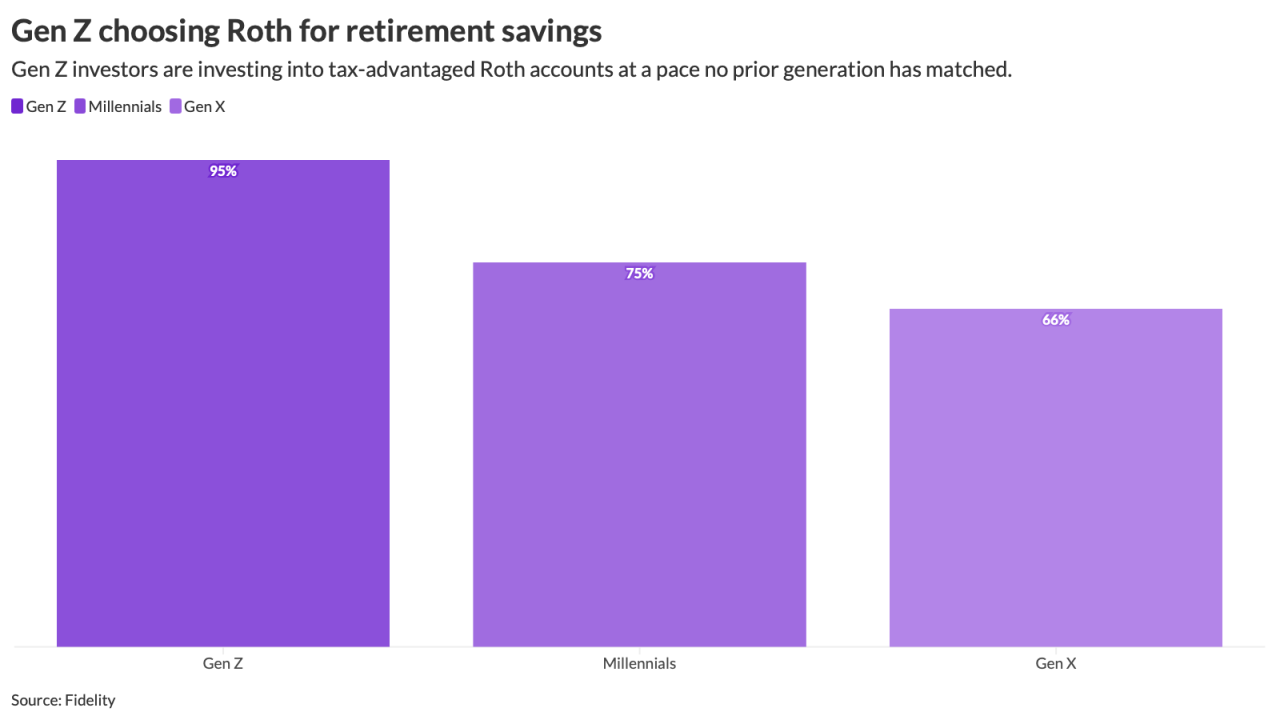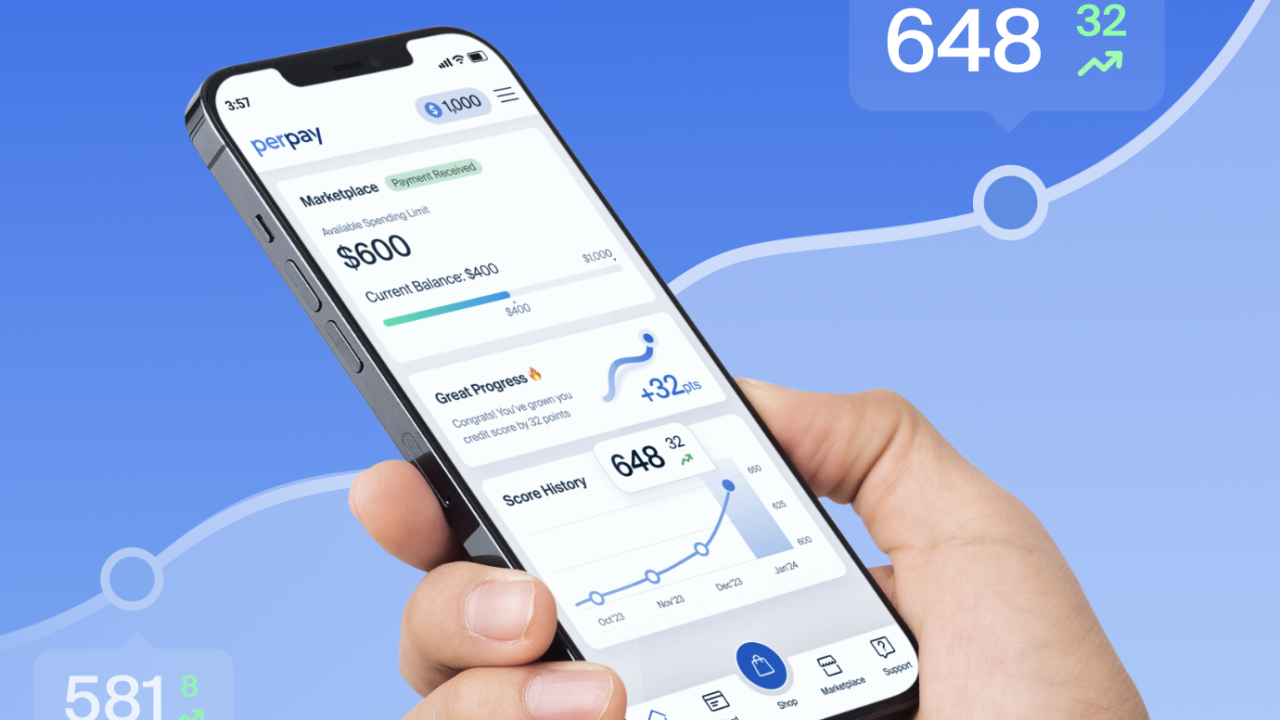Employers are increasing their investment in new technology as a way to better attract talent while also helping them address a number of HR challenges.
That’s one of the findings in a new report from global talent acquisition and management firm Randstad Sourceright, which says that HR is going on a “tech buying spree” thanks to a slew of new offerings.
“The continuous rollout of new tools and services is helping companies more effectively attract, source, engage, screen and hire talent,” the report says. “From AI-based chatbots that can quickly process a high volume of job applicants to intelligent video interviewing platforms capable of assessing answers and detecting facial expressions, these advancements enable recruiters to transform into talent advisors that serve a more strategic role in the organization.”
The vast majority (92%) of the more than 800 C-suite and HR leaders and 1,700 professionals surveyed by Randstad said they believe technology enhances the attraction, engagement and retention of talent. That’s up from 79% who said the same in 2016.

“Trying to hire your way out of a talent scarcity with additional recruiters has limited value,” says Jason Roberts, head of talent analytics and technology at Randstad. “To make a truly transformational impact on talent acquisition, you need to invest in the tools that most effectively empower your people and processes.”
Meanwhile, the firm found that roughly one-third (37%) of HR professionals use AI, big data and machine learning to reduce bias. About 34% say they use the same methods to source and attract diverse candidates, Randstad reports.
The market for HR tech is growing: A report from consulting firm Future market Insights estimates that talent acquisition and staffing technology will grow at an annual rate of 6.25% through 2028.
See also:
While HR departments can’t completely eliminate bias in recruiting, AI can help them take steps to reduce it, Randstad says. Employers should consider the makeup of the workforce and identify parts of the recruitment process that may introduce unconscious bias into decision-making. They should also consider metrics that affect the attraction and hiring of diverse talent.
There is technology to help employers better address this, Randstad says. For example, tech companies including Blendoor and TalVista have developed tools to help reduce hiring bias. Mercer and SAP also offer tools to help employers attract more diverse employees.
“If your organization is not able to attract, develop and retain new skills, it will almost certainly fall behind,” says Randstad Sourceright CEO Rebecca Henderson. “Whether through data insights, research or customer engagement, human capital leaders are in the driver’s seat to deliver these skills and accelerate growth and market share.”




